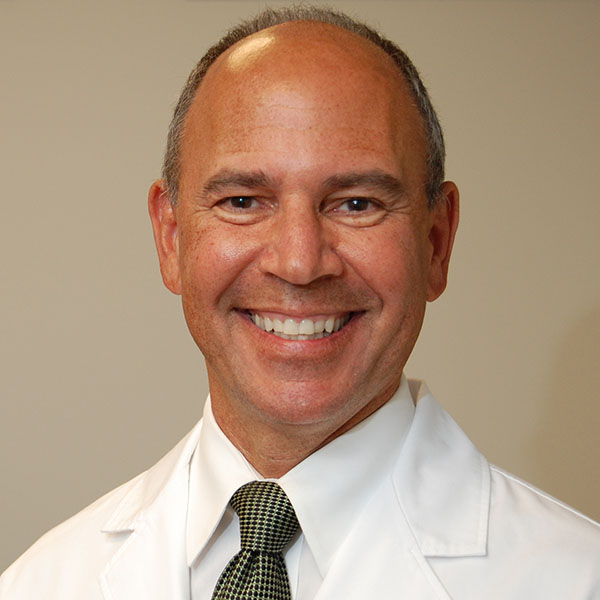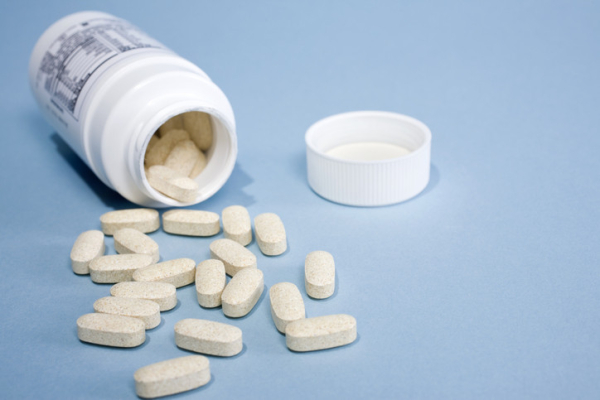
There are warnings just about everywhere you look: The coffee you're about to drink is hot! Construction ahead! This product may contain peanuts!
In many cases, the reasons for these warnings are clear. But sometimes warnings raise more questions than they answer. When I was at the gym recently, these warnings on the exercise bike and treadmill were hard to miss in a bright red font:
- Obtain a medical exam before beginning any exercise program.
- Overexercise may result in serious injury or death.
- If you feel faint, dizzy, or have pain stop exercising immediately.
What exactly did the warning writers mean by "any exercise program"? What constitutes overexercise? Does having any pain anywhere mean you should stop working out?
Finally, I wonder: might these warnings cause unnecessary worry that actually discourages people from exercising?
Is it safe to start exercising without checking with a doctor?
A doctor's approval isn't necessary for most of us. Most people can safely begin a low-intensity exercise program and slowly increase their efforts over time. Choose activities that would allow you to carry on a conversation, such as:
- using light weights that are easy for you to lift
- walking at a leisurely pace
- biking at a leisurely pace (less than 5 mph)
- stretching and balancing activities
- light housework or yard work.
If you're starting at a low fitness level, make small increases in your workout over time. For example, if you start out walking 10 minutes a day, add one minute to your walk every week or two. Once you're walking 20 minutes a day, try picking up the pace a bit.
Who should be careful about exercising?
Of course, exercise is riskier if you have certain health conditions. It makes sense to ask a health care professional to make exercise recommendations if you're concerned about your health or have any of these conditions:
- Coronary artery disease, including symptoms of angina or a previous heart attack. Exercise that's too much too soon could stress the heart and trigger a heart attack or dangerous heart rhythm. Lower-intensity workouts (such as short walks at a comfortable pace) may be preferable, at least until it's clear that you can tolerate more.
- Exercise-induced asthma. Your doctor may recommend inhaled treatment to open up airways in your lungs just before or during exercise.
- Muscle disease, such as a metabolic myopathy. Your doctor may discourage you from engaging in certain exercises, such as sprinting or long-distance running.
- Back pain. Low impact exercise, such as biking or swimming, may be a better choice for people with back pain than higher-impact options, such as jogging or basketball.
If exercise is so good for you, why the warnings?
Let's review possible reasons for certain warnings:
- Having a medical examination before starting an exercise program might uncover a condition that makes exercise risky. The best example is probably coronary artery disease, which could trigger a heart attack during intense exercise. Fortunately, sudden heart problems during exercise are relatively rare (though you might think otherwise based on TV and movies, including an episode from the Sex and the City reboot).
- Overexercise is not a well-defined medical term. But it's true that suddenly exercising at high intensity when you're not used to it might be hazardous.
- Stopping exercise if you're feeling faint or dizzy presumably refers to concerns about severe dehydration or other causes of low blood pressure.
- Warnings about pain could refer to chest pain that might be a sign of heart trouble. Or it could be a warning about a type of severe muscle damage called rhabdomyolysis (which may complicate prolonged or intense exercise).
Of course, it's also possible these warnings have little to do with your health and everything to do with lawyers! That is, the equipment manufacturers might hope these warnings will ward off lawsuits from people who suffer a medical problem while using their equipment.
Are these warnings helpful?
Probably not.
All the warnings, alerts, and cautions in our everyday lives can become background noise. Despite red letters and bold fonts, warnings like these are easily overlooked.
Nor do they add much. My guess is that most people experiencing significant dizziness or pain during a workout will stop what they're doing even without reading a warning label. And serious medical conditions arising during exercise are rather rare, so the impact of warning everyone about them is likely small.
The bottom line
Don't be overly alarmed by alerts slapped on exercise equipment. True, it's best not to drop weights on your foot or exercise way too hard or long. If you are worried about workout risks or have been advised to be especially careful about exercising, it's reasonable to talk about it with your doctor.
But that conversation isn't necessary for most people, including those with well-controlled chronic illness such as high blood pressure, diabetes, or coronary artery disease. In fact, regular exercise helps treat many illnesses.
Exercise is among the most important things you can do to improve your health. And inactivity is a generally a much bigger risk than exercising.
So, if you see warnings on the gym equipment at your next workout, keep this in mind: there are much riskier things to worry about. Like hot coffee.
About the Author

Robert H. Shmerling, MD, Senior Faculty Editor, Harvard Health Publishing; Editorial Advisory Board Member, Harvard Health Publishing
Dr. Robert H. Shmerling is the former clinical chief of the division of rheumatology at Beth Israel Deaconess Medical Center (BIDMC), and is a current member of the corresponding faculty in medicine at Harvard Medical School. … See Full Bio View all posts by Robert H. Shmerling, MD










